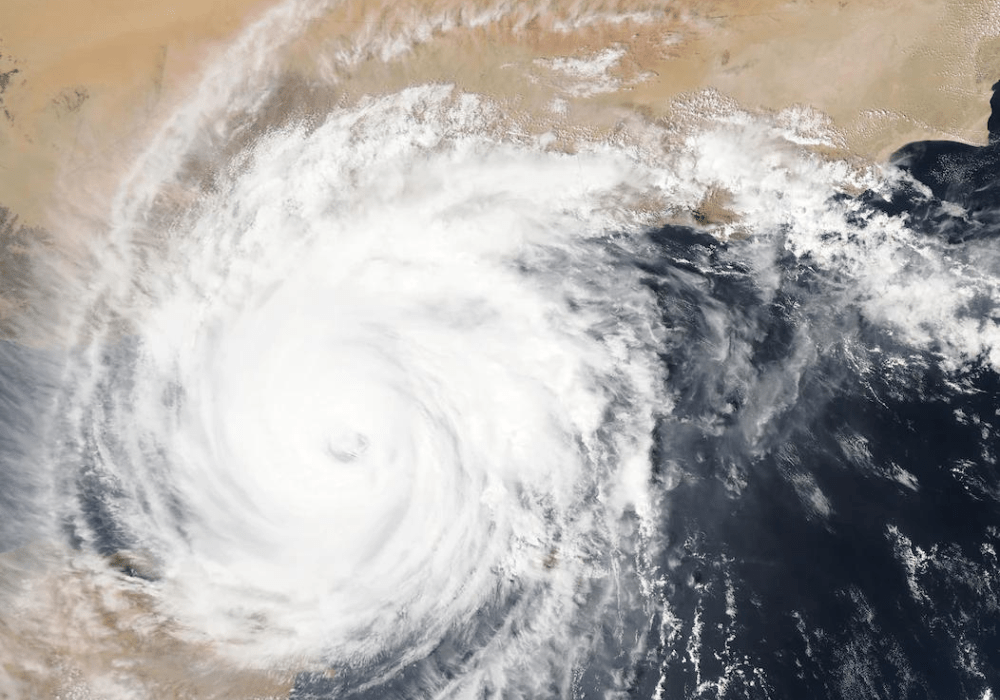
Tropical Cyclone Freddy hit the South African nations of Malawi, Mozambique, and Madagascar during the first few months of 2023, leading to a death toll of over 600 people. Aid organizations continue to work towards providing maximum relief for those injured, missing, and displaced in what may be the longest-ever recorded tropical cyclone in human history.
WHO Regional Director for Africa Matshidiso Moeti stated in an online briefing, “The cyclone has left an appalling humanitarian situation in its wake… increased and concerted humanitarian assistance is needed.” Lasting for at least thirty five days, the cyclone destroyed houses, roads, and farmland, affecting over 1.4 million people in four countries.
Cyclone Freddy first hit Madagascar and Mozambique in February but the storm’s second landfall in March was more devastating. As a result of the natural disaster, more than 160,000 people have been displaced and are living in temporary shelters, according to the UN. The cyclone caused more damage to areas already suffering from existing public health issues such as in Malawi where over four million people are facing food insecurity. Over 865,000 acres of land has been affected and in Mozambique, aid agencies are struggling to aid communities that experienced road damage.
Freddy affected areas with weak economies and infrastructure, nations ill-equipped to manage the large scale disaster. This cyclone serves as a warning of the deadly impacts of climate change as warming temperatures will only worsen the effects of cyclones.
